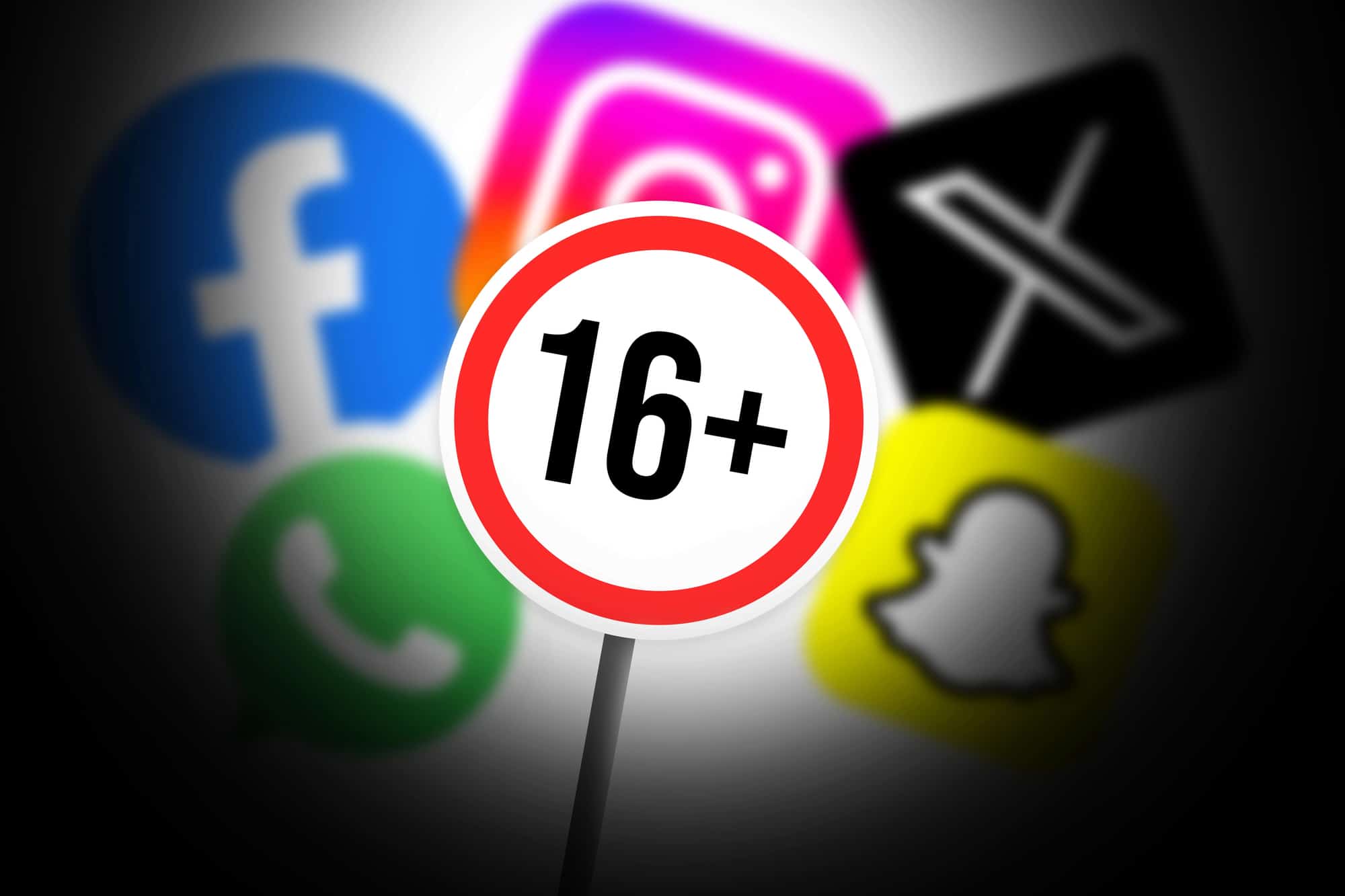Social media has become an integral part of the online experience; most internet access is via a social media app. It’s become the internet itself for a large group of users. The days of “surfing the web” have given way to scrolling the feeds. This relationship is a new cause for alarm: children raised on screens are becoming dependent on them, and social media has been made the scapegoat.
The “mental health” of young people is an enormous concern when it comes to their social media habits. In an era where mental illness is diagnosed with greater ease and wider prevalence, the health systems of nations and insurance companies are now burdened with requirements to provide medicine, support, and therapy for individuals who are no longer “capable” of self-reliance or who have conditions that previously never existed or were once self-managed. Online habits such as “doom scrolling”—when users can thumb down for hours a day on numerous social media apps without recalling any of the content they consumed—has been linked to a growing trend of mental decline, leading to what some refer to as “brain rot.”
Similiar concern for the safety of children has stirred numerous moral panics in history, most of which were used to justify censorship or prohibition. Government has now adopted a new term, “explicit material,” to refer to content as broad as pornograpy and gore to things that may be emotionally triggering or challenging to official political narratives. Government has become an inescapable part of raising children, from their phsyical health to their mental development. Public professionals have, in some cases, as much if not more contact with with children than their own parents. This is by design. And it’s the concern of these educators and stewards that digital influences could provide alternative means for young people to seek information that could upset government narratives and their own job security.
Countries are already enforcing age restrictions on social media. India requires parental consent for anyone under the age of 18. Since 2011, South Korea has enforced a “Cinderalla law” which prevents teens from accessing gaming sites between midnight and 6am; this could hypothetically be extended to include social media. Various countries in the European Union have requirements for people under the age of 14 or 13 to either require parental consent or other limited access to social media. Australia has introduced a blanket ban on anyone under 16 from having social media access. Some platforms like Snapchat already require users to be 13 years of age or older, across all borders.
These regulations have been celebrated as a win for child safety and a step forward in controlling what young people consume. Think of them as akin to drinking and smoking laws which are widely accepted. The inclination to ban foods, drugs, and alcohol is common within governments and for moralist campaigners. Prohibition has a rightfully ugly association with crime while also increasing dependencies and incentivizing the banned material to become more potent and dangerous. People should have choice; the option to ingest as often or not at all should be for them to determine. This should be a fundamental freedom, an implied right. The outcomes for us to suffer and the health of our being is for us to determine.
No doubt, the definition of “social media” will also be expanded. Platforms like YouTube have comment sections with extensive discussions, and YouTube has already worked to become more child and advertiser friendly by punishing any videos that contain graphic historical imagery or use words such as rape, sucicide, or genocide (among others). Instant messaging platforms, text messaging, and even email could be subject to scrutiny and oversight given the precedent. Group chats can be considered a form of social media, given that they can include numerous people at any one time.
Critics of social media regulations (and outright bans) anticipate government overreach and an expansion of control over the wider internet. Banning content will inevitably be ill-defined and based more on feelings than need, as determined by the government at any given time. And it may not even be your own government doing the banning.
The Australian “eKaren,” Julie Inman Grant, is the newly invented eSafety Commissioner, and she is ensnared in a controversy over her alleged involvement in an advertising cartel used to suppress conservative speech involving the politics of the United States and elsewhere. The internet and social media is made up of people the world over; the actions and bias policies of specific national governments will indirectly (and in this instance, directly) have influence in legal jurisdictions beyond their own. Using her Australian government position, Grant is accused of shutting down foreign users from having world-wide access to the internet, despite them not breaking any laws where they are citizens or post from. Her desire to shut down American and Canadian users because she disagrees with their politics is a clear example of how these laws can be used to censor, while providing an example of the mindset of those who use “children” as a blanket call to ban speech.
Platforms may be required to have government ID as means of access, which lends credence to fears that a digital ID will soon be a reality. In its ability to monitor what one does and views online, the government can develop a profile on individuals, deciding what a citizen is allowed and not allowed to see—and can punish them accordingly. The much talked-about Chinese social credit score may very well become a common fact of life for citizens in Western liberal democracies. With greater dependence on welfare, government services, and employment in corporate jobs, it is more likely that people will need to have a credit score that aligns with whatever requirements those employing, paying, and provide services require. It may also be a consideration for rental and mortgage access.
There has been a call for greater censorship on viewable and interactive materials for anyone up to the age of 25—the newly determined true age of “adulthood.” But this measure does not prevent those younger from being deployed as laborers or soldiers to either build the infrastructure of society or enforce foreign policy. Those tasks are conveniently labeled as character building rather than the exploitation of “underdeveloped” minds.
Social media will adapt and re-shape; the digital is forever part of our lives, and with the advent of newer forms of artificial intelligence the relationship we have with technology will only grow closer. This will impact the mental health of some for better and worse. As for what one should be allowed to observe, that is something that each person and those close to them are best at deciding. Certainly not the professionals who have a vested interest in profiteering or ensuring that power remains in their hands. In an age of trigger words, censorship should be the biggest trigger word of them all.

































